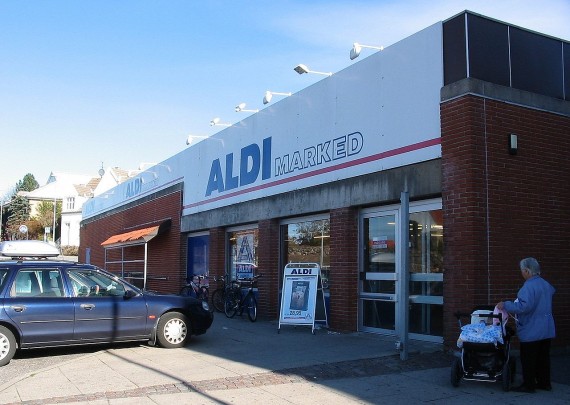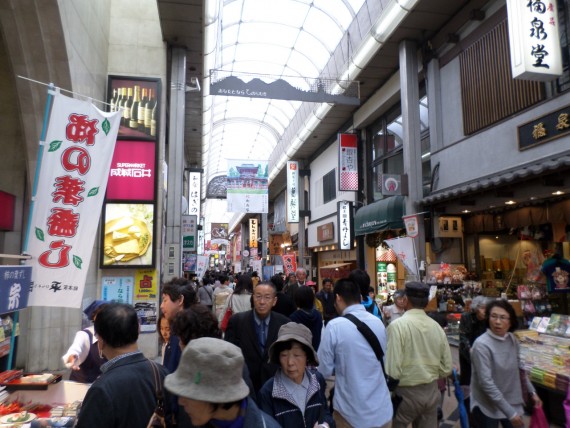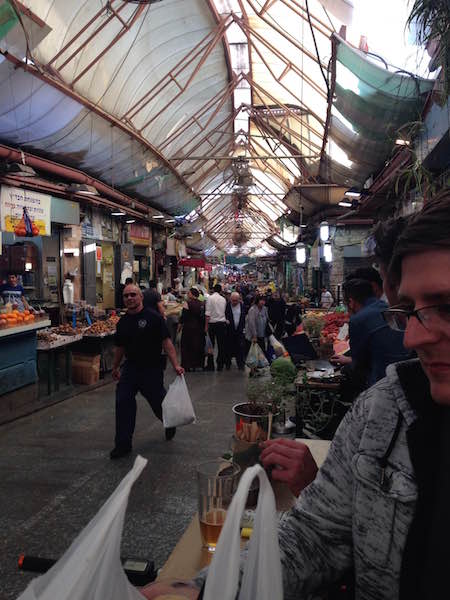The supermarket is in many ways an anomaly in human history. Except for the last 100 years, people living in Western cultures have either grown their own food or purchased it at a local grocer’s or merchant’s shop. During the early 20th century, self-service grocery stores emerged as a way for store owners to save on labor costs while reducing prices — with the hope of attracting cost-conscious consumers from miles around. Kroger, Safeway, and other supermarket chains soon proliferated throughout the urban and suburban landscape. However, the recent farm-to-table movement — inspired partly by writers like Wendell Berry and Michael Pollan — has started to reverse this trend. In many cities, both large and small, walkable farmer’s markets now occupy public parks and parking lots each weekend, making it possible for people to buy food, supplies, and craft goods directly from the source, often at premium prices. This week, pay attention to how people shop for food. Are supermarkets common? Do people shop at local markets? Do they have large backyard gardens? Take a picture of a grocery store or supermarket where you shop, then tell us about local food culture.
Ryan Hildebrandt ’17, Psychology & Japanese
Supermarkets are definitely a staple in Japan. From a Walmart-sized market like Seiyu to a smaller greengrocer on the corners of Karasumadori, the full range of grocery stores can be found almost anywhere in Japan, especially the cities. But what I found to be a much more involved and bountiful shopping experience were covered, street-long markets selling everything from flavored honeys at premium prices to produce and seafood. I found them in almost every city we visited, and they were almost always shoulder to shoulder packed with shoppers and tourists. The food was fresh, especially street-food like yaki-tori and konnyaku, the vendors were loud and the smells were… interesting. There were plenty of foods which I’d never had before, and after having been to a few of these market streets, there are many foods I can say I’ve had and would have again. Pretty cheap, too.
Adam Basciano ’16, International Relations
If you’re living in Jerusalem, you’d be foolish to not purchase your groceries at the famous local shuk (market) known as Mahane Yehuda. The shuk has the best and cheapest groceries, from fruits and veggies to nuts and candy. It is on almost every tourist’s itinerary because of how cool and fun the vibes are. It is open all week except for during Shabbat, so if you go anytime on Friday early afternoon, you will for sure get caught up in the pre-weekend crowds. Supermarkets do exist throughout the Jerusalem and are frequented often by people, but Mahane Yehuda is the way to go when grocery shopping in Jerusalem.




